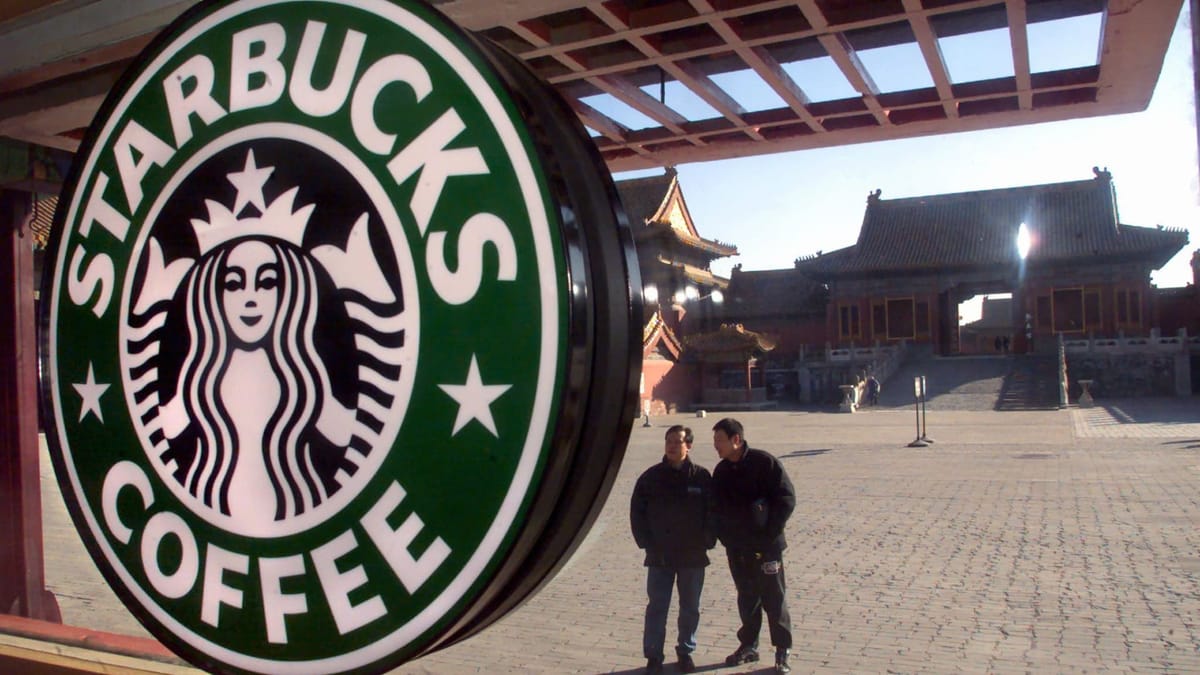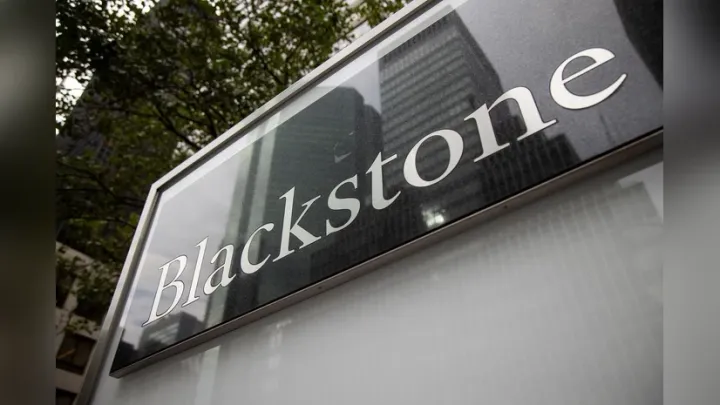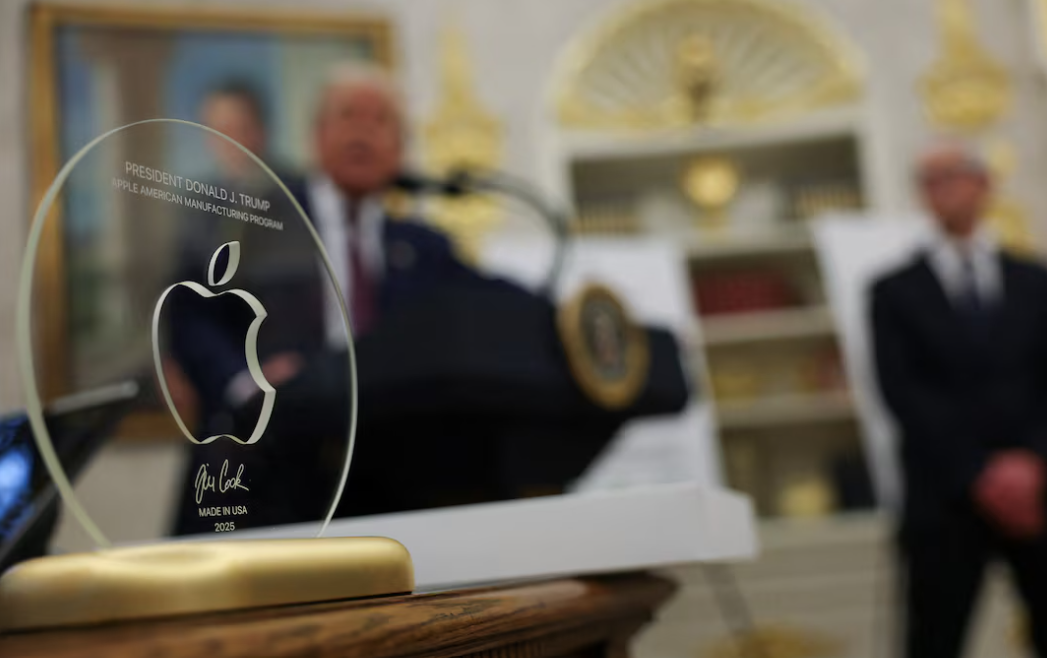Starbucks China Receives Bids Valuing Coffee Chain at as much as $10 Billion, Sources

Starbucks China has received robust interest from international investors, with bids valuing the coffee giant's mainland business at as much as $10 billion, said three sources familiar with the deal process who spoke with CNBC.
The interest represents a milestone for the Seattle company's footprint in one of its biggest and fastest-growing global markets. Starbucks has not made any official announcement, but insiders claim the company is considering several offers, including the structure of deal proposals and strategic proposals from bidders detailing post-sale value creation.
We are committed to China and wish to maintain a significant interest in the business," a Starbucks representative said to CNBC. "Any transaction needs to be good for Starbucks' business and partners."
High-Stakes Interest in a Key Market
The $10 billion valuation reflects Starbucks' sustained popularity and business resilience in China, despite intense competition from domestic chains and economic challenges. China is the second-largest market for Starbucks after the United States, with more than 7,000 stores in 250 cities.
The company has expanded aggressively in the nation since its entry in 1999, riding China's expanding middle class and rising demand for high-end coffee experiences. Economic growth in the region has eased in recent years, but China's coffee market continues to grow—particularly in cities where consumer trends are moving away from traditional tea towards speciality coffee.
Private equity firms, sovereign wealth funds, and strategic investors are among the bidders, sources say, many of whom see Starbucks China as a one-time chance to get exposure to a high-end consumer brand in the second-largest economy in the world.
Strategic Review and Structure
Starbucks is said to have conducted a strategic review of its China business in recent months to unlock shareholder value as well as guarantee long-term growth. While the firm has not formally announced firms that made bids or the percentage of equity offered for sale, the objective is said to be a partial sale, rather than an exit.
According to one source, the firm is looking for a transaction that will grant it operational control and a large equity position, following the approaches taken by other multinationals wanting to de-risk but remain invested in strategic overseas markets.
"Everything is built around the structure here," said one familiar with the process. "Starbucks needs a partner, not an acquirer—someone who can provide local knowledge and operating leverage without deviating from their global brand standards."
Navigating a Competitive Landscape
Starbucks is confronted by mounting competition in China from quickly expanding homegrown competitors such as Luckin Coffee and Cotti Coffee, which both provide ambitious pricing, mobile ordering, and robust delivery systems. The local competitors have pushed Starbucks to reconsider its pricing and loyalty policies.
However, even with the competition, Starbucks holds a strong brand advantage with regard to store experience, product quality consistency, and premium positioning. The company has been heavily investing in digital integration, delivery partnerships, and product innovation that caters to Chinese consumers.
Starbucks CEO Laxman Narasimhan has emphasized China’s long-term importance during multiple earnings calls, stating earlier this year that “China is a core part of our global strategy, and we’re confident in its growth potential.”
Although talks are ongoing and no agreement is certain, the multi-billion bids indicate firm investor confidence in Starbucks' Chinese currency and staying power. A partnership deal or equity stake sale—if agreed—could infuse Starbucks with fresh funds to bankroll growth plans while enabling investors to access a surging, if ferocious, market.
An agreement could also assist Starbucks in weathering regulatory hurdles and establishing firmer local ground, particularly in a market where geopolitical and consumer moods can change quickly.
In the meantime, Starbucks is proceeding cautiously and deliberately—weighing financial opportunity against operational control in one of its most important global markets.



